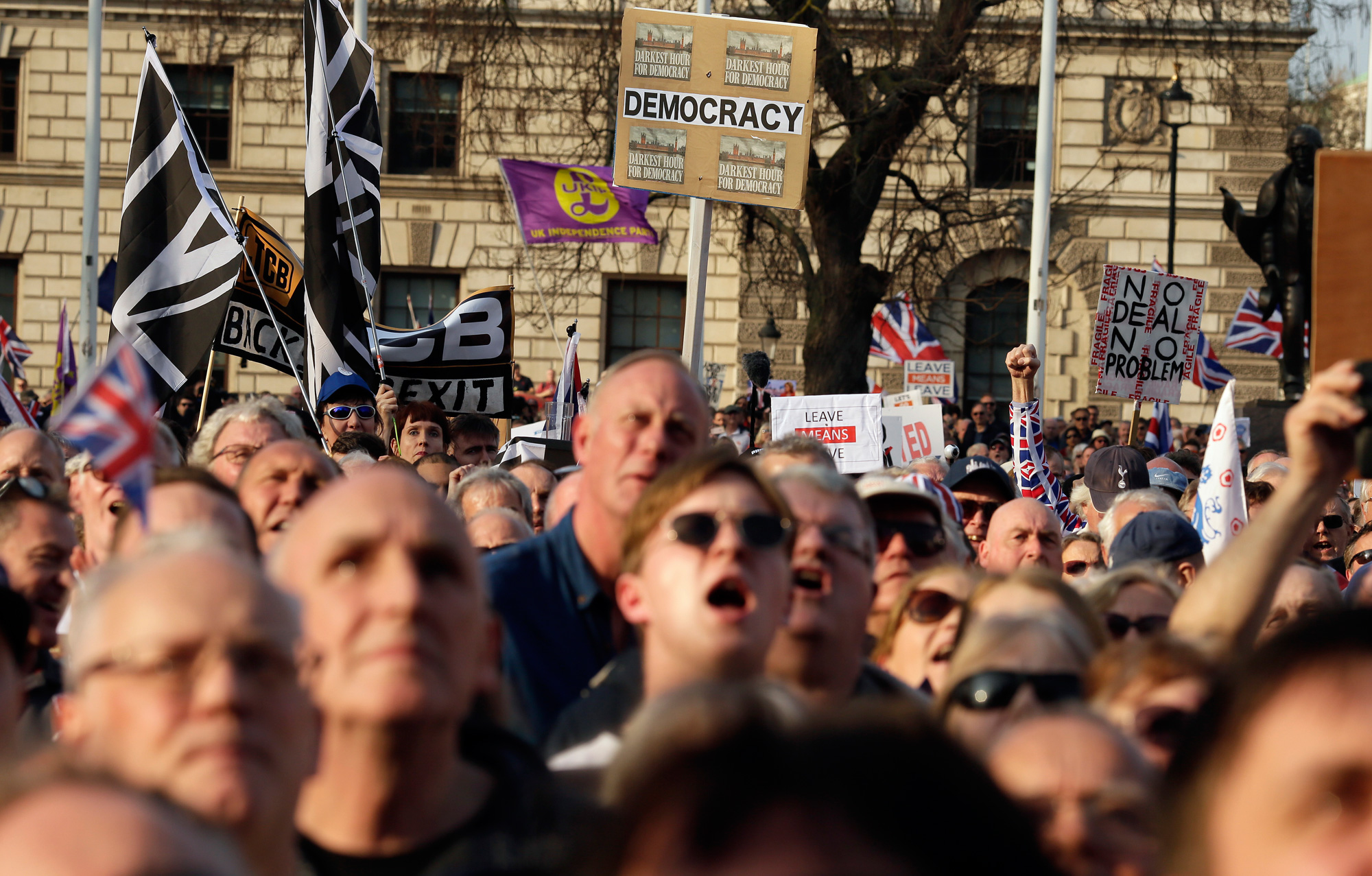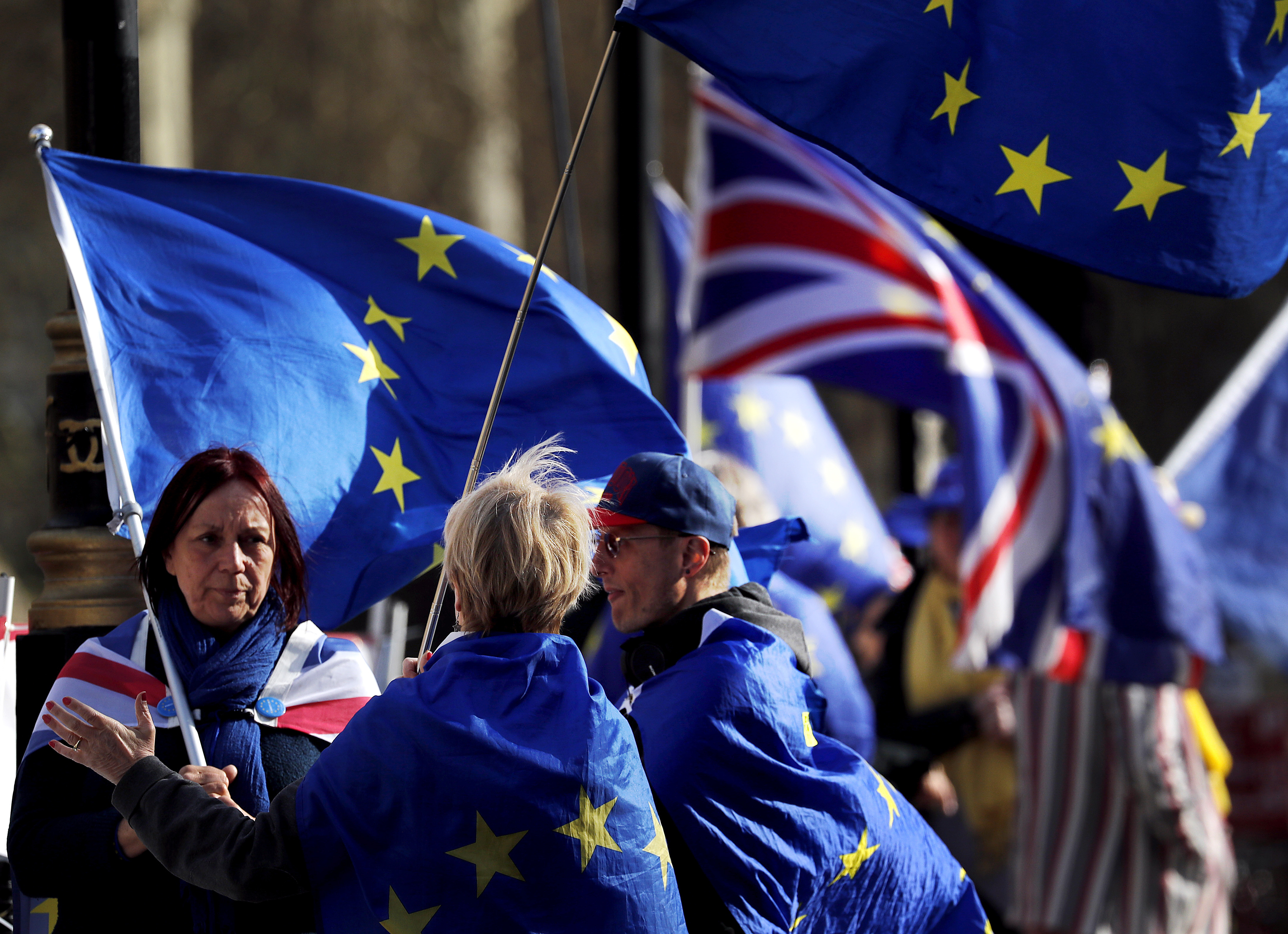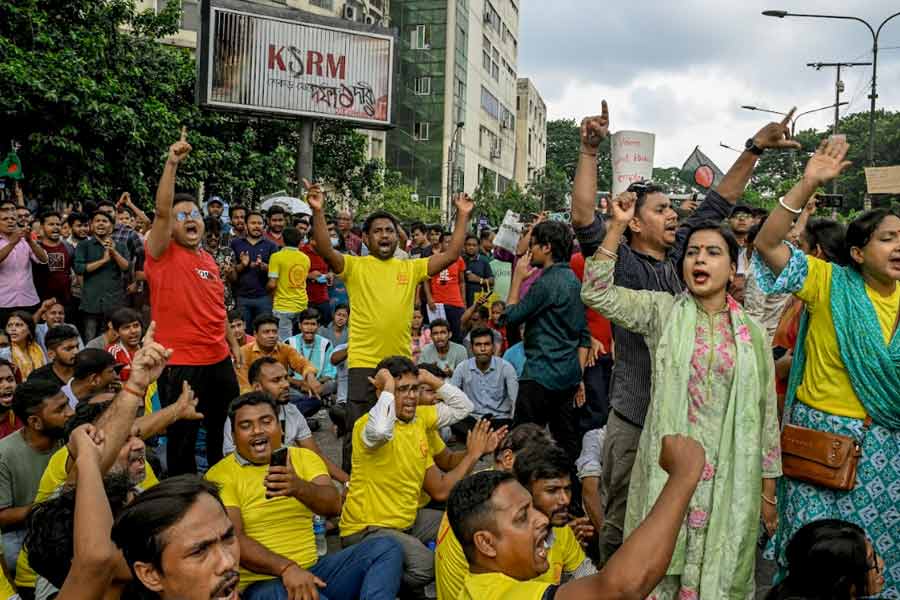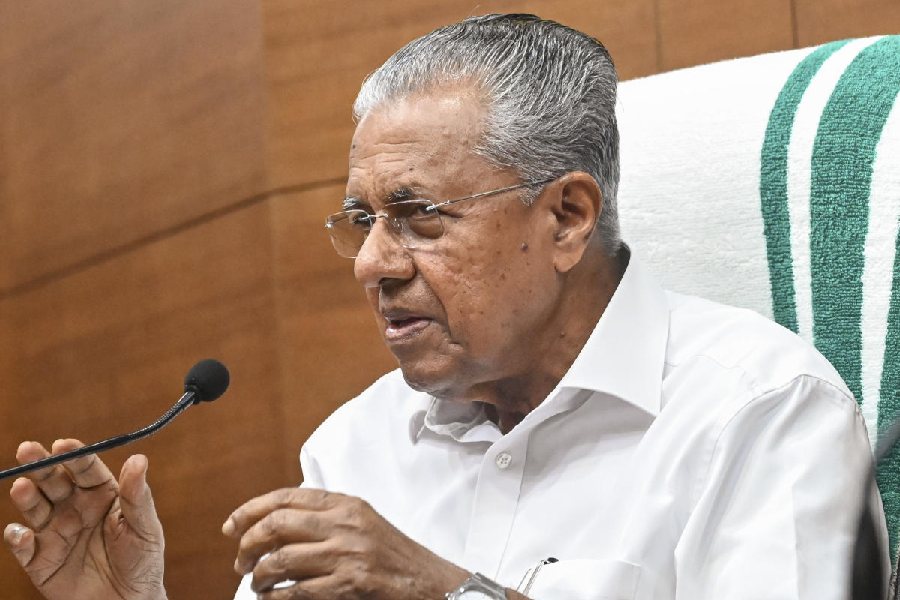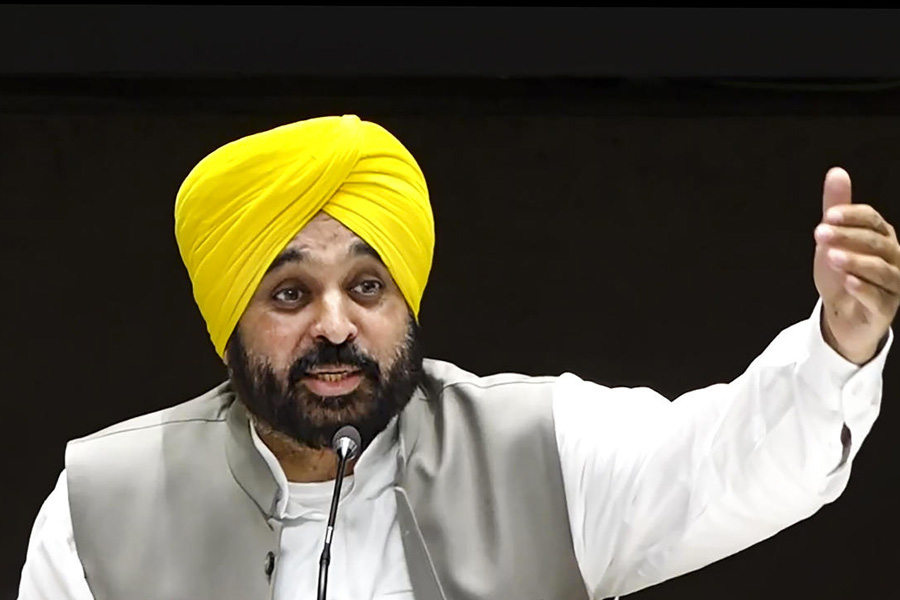This week, as two MPs interrupted a debate on Brexit to rib each other about the elite boarding schools they attended four decades ago, 23-year-old Eve Alcock looked on with deep disgust.
The whole world of Britain’s Parliament — its effete codes of conduct, its arcane and stilted language, its reunions of Oxbridge school chums — seemed impossibly remote from the real, unfolding national crisis of Brexit, the process of extricating the country from the EU.
“We’re in the middle of a national emergency, and you have schoolboys squabbling about who went to the best school in the House of Commons,” she said. “It’s almost as if they are operating in this complete alternate reality.”
Over the past weeks, as factions within the British government have grappled for control over the country’s exit from the bloc, the mood among voters has become dark.
Those Britons who wished to remain are reminded, daily, that a risky and momentous national change is being initiated against their will and judgment. More striking is the deep cynicism among those who voted to leave, the group that Prime Minister Theresa May is trying to satisfy. They are now equally bitter and disillusioned, as the government’s paralysis has called into question whether Britain will ever leave.
Parliament’s rejection of May’s withdrawal plan on Friday — for the third time — means the turbulence will continue.
In interviews, many Britons expressed despair over the inability of the political system to produce a compromise. No one feels that the government has represented their interests. No one is satisfied. No one is hopeful.
It has amounted to a hollowing out of confidence in democracy itself.
“I don’t think the central institutions of government have been discredited like this in the post-war period,” said William Davies, who teaches political economy at Goldsmiths, University of London.
“There’s a fin-de-siècle sense that modern British politics has run out of road,” said Davies, author of Nervous States: How Feeling Took Over the World.”
“Maybe the best thing to come out of this is the recognition that the political elites — people just want them to get off the stage. I don’t know who they want to replace them. But there’s a sense that a reboot would be something people would be in favour of.”
It was barely seven summers ago that Britain presented itself to the world as a confident, outward-looking, post-imperial country.
The opening ceremony of the 2012 Olympics — featuring a flock of sheep, a snippet of the Sex Pistols’ music and a skit about a skydiving Queen Elizabeth — suggested a country unburdened by longing for its more orderly, homogeneous past.
It’s hard to conceive of that now. The referendum question has divided Britain into warring tribes, unable to settle on any shared vision of the future. An ancient, robust democracy is groaning under the weight of conflicting demands — on the executive, to carry out the will of the people; and on the MPs, to follow their conscience and to act in what they believe to be the people’s interest.
In such a situation, the country might have united in its resentment of the EU, which had vowed to make Britain’s withdrawal painful. But that has not happened. Britons are blaming their own leaders.
“I think people have totally lost confidence in democracy, in British democracy and the way it’s run,” said Tommy Turner, 32, a firefighter. He was perched on a stool at the Hare & Hounds, a working-class pub in Surrey, where nearly everyone voted to leave the EU. Among his friends, he said, he sensed a profound sense of betrayal that Britain was not exiting on March 29, as promised.
“You’ve got egotistical people in politics, and they want to follow their own agenda,” he said. “They don’t want to follow what the people have voted for.” Asked how he felt about the approaching Brexit deadline, Turner said, “worried”.

